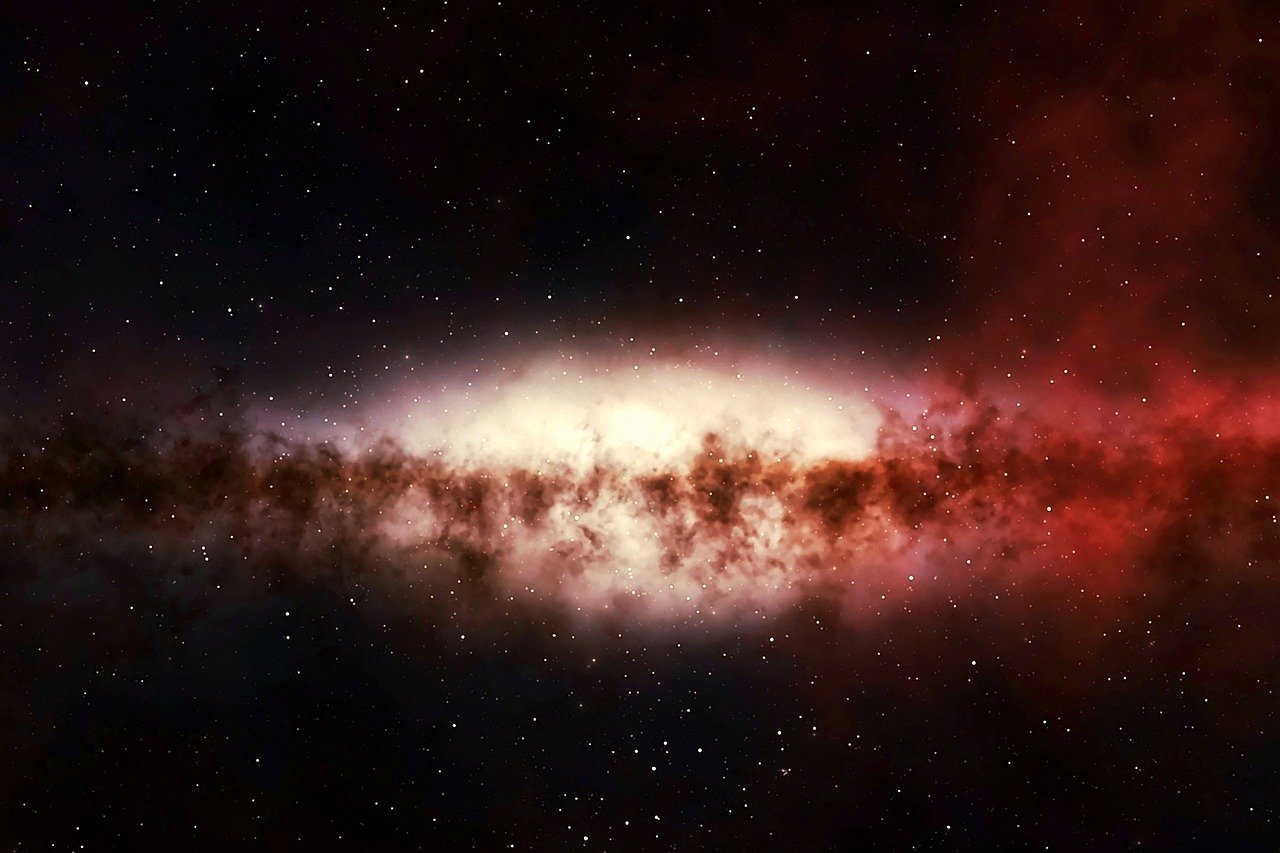Our picture of cosmic evolution could be thrown into doubt by the discovery of a massive galaxy that seems to lack dark matter.
Dark matter, which accounts for around 85% of the matter in the universe, seems to be absent from the galaxy NGC 1277, part of the Perseus Cluster of galaxies. The galaxy, located 240 million light-years from Earth, is the first Milky Way-sized conglomeration of stars, planets, dust and gas found to be missing dark matter.
“This result does not fit in with the currently accepted cosmological models, which include dark matter,” the leader behind the discovery and University of La Laguna researcher Sebastién Comerón said in a statement.
Dark matter is effectively invisible because it does not interact with light like the everyday matter that composes stars, planets, and us. Its presence can be inferred by its gravitational interactions, however. The existence of this shadowy substance was first posited when astronomers observed massive galaxies rotating so fast they would fly apart if it weren’t for the gravitational influence of some unseen mass holding them together.
more at livescience.com
Ask me anything
Explore related questions





